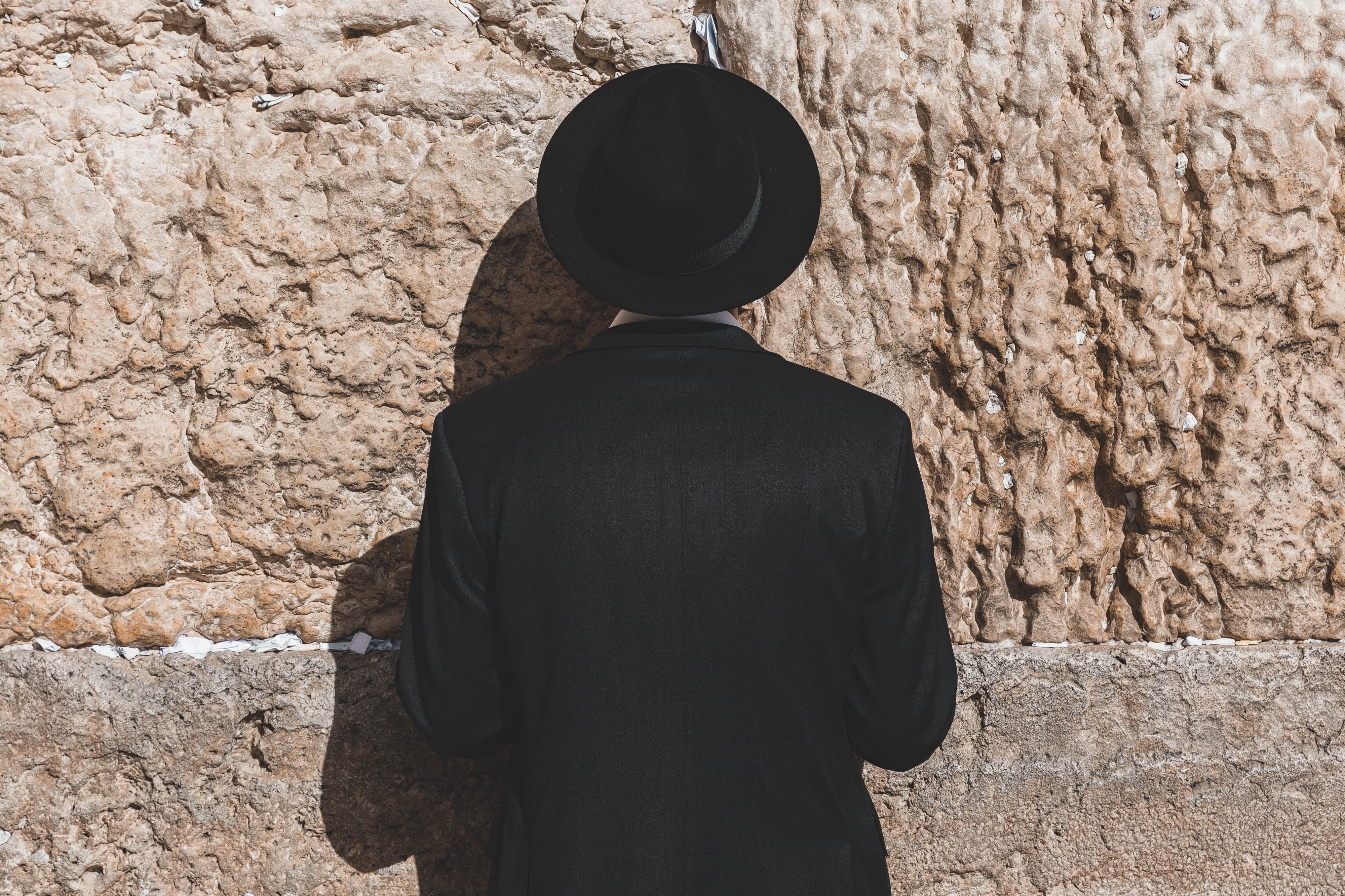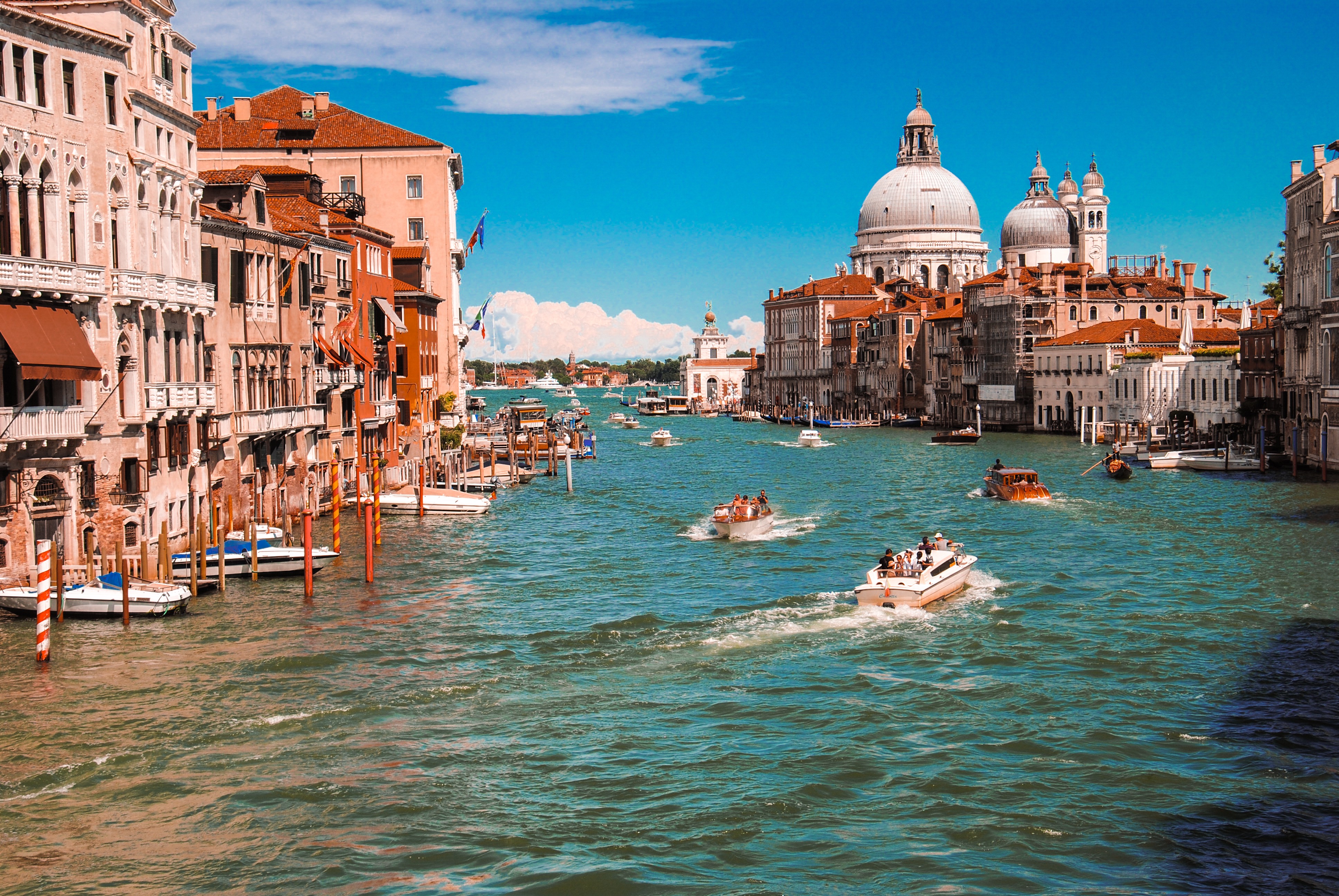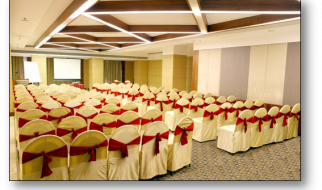BUSINESS BLUNDERS
It?s okay to start small ? as long as you choose the right partners
 Photo by Dave Herring on Unsplash
Photo by Dave Herring on Unsplash
In 2001, Starbucks opened its first outlets in Israel. However, just two years later, in 2003, they were nowhere to be found.
For most people living in the west, it?s hard to even imagine that a huge corporation like Starbucks can fail.
However, predictions and reality often don?t match in the business world. Let?s understand why the international coffee chain was rejected in Israel.
1. Starbucks Had to Stick to One City
 Photo by Toa Heftiba on Unsplash
Photo by Toa Heftiba on Unsplash
Starbucks opened six outlets in Israel, all in the same city ? Tel Aviv. The company avoided other cities, including the capital of Israel, Jerusalem, for many different reasons.
It?s not uncommon to hear about violence in Jerusalem every now and then. In 1997, two suicide bombers set off an explosion in a crowded market in the holy city. Many died and many were left wounded both mentally and physically.
This is part of the reason why Starbucks chose Tel Aviv ? but it wasn?t the only company with this thing in mind. Tel Aviv was (and still is) a paradise for foodies because there are hundreds of local restaurants and street-food joints in the city that can tantalize anyone?s taste buds.
Starbucks had to compete with these local food businesses, including some other premium cafes, such as Aroma and Arcaffe.
2. Starbucks? Coffee, As Well as Culture, Didn?t Appeal to the Israeli Customers
 Photo by Laura Siegal on Unsplash
Photo by Laura Siegal on Unsplash
Not adapting to the local culture is one of the reasons why Starbucks failed in Australia. The Israeli customers are fond of a no-rush coffee experience. They like to sit down with their friends and have a chat while sipping a cup of coffee.
However, being a world-wide corporation, Starbucks? focus seemed to be on generating as much profit as possible, along with positioning itself as the market leader, of course.
To achieve this, they had to serve as many customers as possible, and the customers had to keep coming in and moving out fast ? a big no-no in the eyes of most Israelis.
Also, the Israelis didn?t like the product. The local cafes served better and stronger espressos and cappuccinos. When it comes to taste, Starbucks? American menu missed the mark in Israel. Not to mention high prices were also an issue.
Here?s what an Israeli customer had to say about Starbucks:
?You can walk into any Starbucks in the world, in any city, and get a consistently mediocre cup of coffee.?
3. Coffee Was Treated Like Oil
 Photo by Robin Sommer on Unsplash
Photo by Robin Sommer on Unsplash
Starbucks joined hands with the Delek Israel Fuel Company (DIFC) to enter the middle-eastern country. For Starbucks, customers’ experience was key and a way to justify their high costs.
On the other hand, DIFC probably saw coffee as another black liquid that can be turned into cash. It is also said one of the leaders of this company jokingly stated that both coffee and oil are black liquids and they?re good at selling black liquids ? a gigantic delusion.
The contrast between the customer-centric mindset of Starbucks and the profit-making goals of DIFC didn?t match.
4. Proximity to Italy Was an Advantage for Local Cafe Owners
 Photo by Dan Novac on Unsplash
Photo by Dan Novac on Unsplash
In the mid-?90s, just a few years before Starbucks showed up, Israel was advancing and the standards of their coffee culture were getting better.
Israel?s geographical closeness to Italy also affected the local cafes. After all, the coffee capital of the world is just three to four hours away from Israel.
Some Israeli entrepreneurs were proactive enough to travel to Italy and learn the recipe for a good coffee. Local cafe owners also formed business relationships with coffee roasters in Italy and had them ship world-class coffee straight into Israel.
The locals were getting better at the coffee game. That?s why Starbucks needed a really different unique selling point.
5. Israel?s Market Was Too Small for Starbucks
 Photo by Sander Crombach on Unsplash
Photo by Sander Crombach on Unsplash
Even though Starbucks didn?t conduct proper research before venturing into Australia, and eventually failed to expand, it still has some outlets left in the country. Part of the reason is the vast size and cosmopolitan nature of the Australian coffee market.
The Israeli coffee market, however, was too small to handle such blunders. Not to mention the company chose to open its outlets in Tel Aviv and avoided other cities in Israel. That?s how the market got a little smaller than it should have.
Yes, the coffee was not that tasty and Starbucks failed to give customers a chance to just relax and enjoy their cup of coffee. No, the company didn?t have enough time to make amends and change the Israeli customers? minds ? the losses would have been too high if they had stayed.
Conclusion
It?s wise to choose a local partner when you venture into foreign territory. But remember, choose the right local ? not just any local who?s willing to invest their money into your business, which might seem very tempting at the time.
Starbucks should have formed a business alliance with someone who was aware of the Israeli coffee culture and consumer psyche.
As a side note, it?s fair to acknowledge that not everything was in Starbucks? control. They had to stick to one city and compete with hundreds of restaurants. And if you put all your eggs in one basket, well, then?


